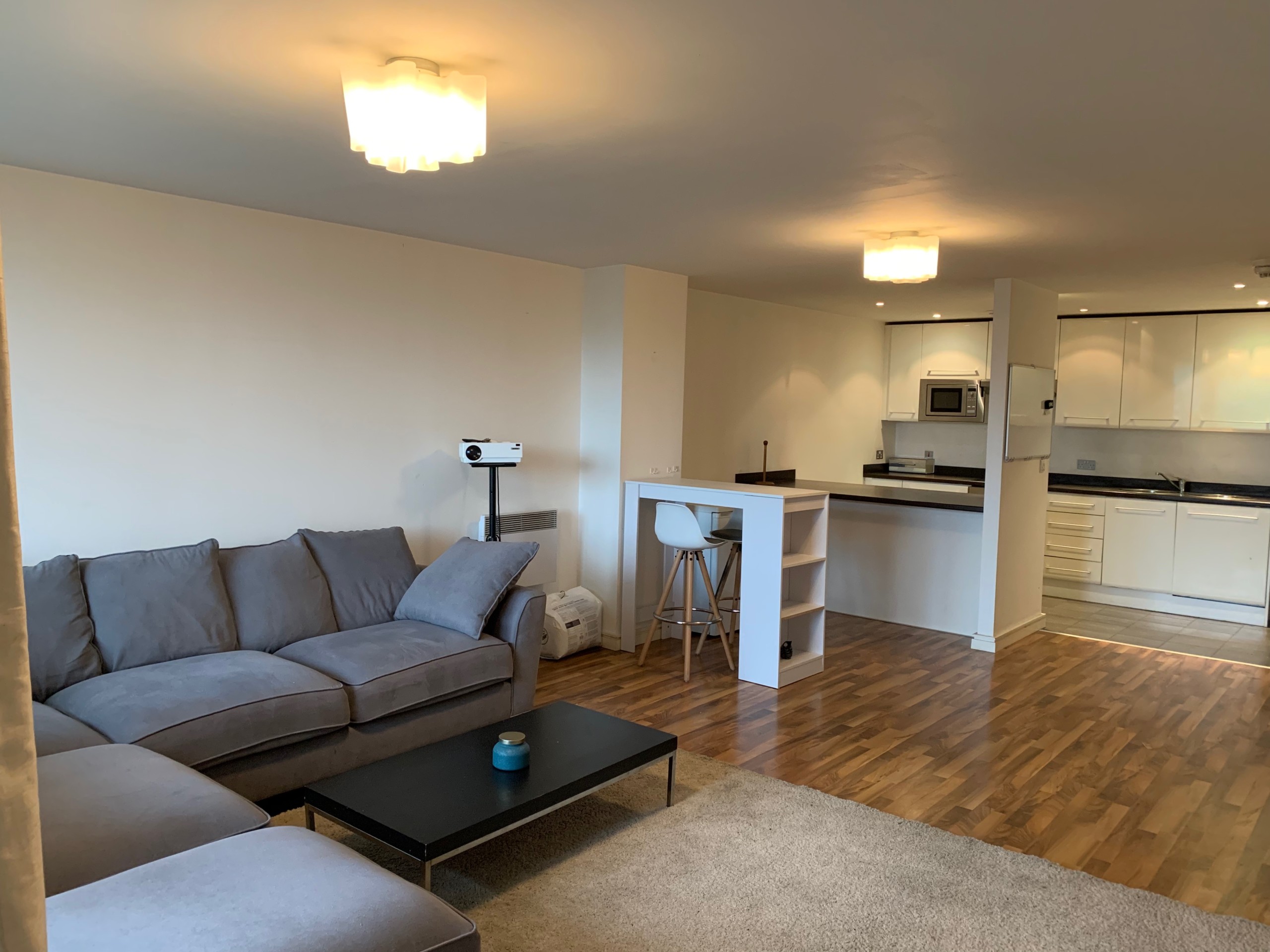In the UK, there is a rising need for student housing every year. Typically, you’ll have the option of living in university residence halls or privately renting a flat or a house. With either option, there will be factors to take into account while picking out accommodation.
For students, the least expensive private housing alternative is flats. Estate & letting agents in Tewkesbury provide advice on finding the ideal student rental property in the UK.
1. Decide on the neighbourhood:
You should give serious consideration to the location of your rental. Before deciding on an area, check university websites or speak to other students.Learn as much as you can about the city you are relocating to, then pick a few neighbourhoods where you would enjoy living.
You may want to stay on campus or as near to it as you can, or you may want to be a little distance away. Evaluate the safety of the neighbourhood you wish to live in as well as its accessibility to the rest of the city. Whatever you choose, make sure it satisfies all of your requirements.
2. Obtain housing from licensed landlords:
In the United Kingdom, all landlords must register their properties before renting them out. You should only rent from landlords who are registered. By renting licensed flats, you can be confident that you’ll be in a secure facility that has been examined and deemed fit for habitation.
A real estate agent can assist you with privately renting a house or apartment. The best resource for locating a home is a trustworthy local estate agent. You can be at ease with authorised letting agencies as they offer compensation policies and protect your money.
3. Determine your budget:
You should know the going rate for rent in the area you want to live in. You should also take advantage of the free housing consulting services provided by student unions.
The first thing to consider is how much you can reasonably expect to spend on accommodation. If you are privately renting a home or a room, you must pick a place within your budget with monthly expenses that you can manage. Utility costs may or may not be included in your monthly rent, or you may be responsible for paying them separately. Before signing the lease, make sure you double-check this and account for each different fee in your budget.
4. Calculate the deposits and bills:
First, confirm that additional expenses like gas, water, and electricity are included in the rent. If they aren’t, you’ll have some organizing to do. To prevent getting overcharged, note the readings at the start of the rental time and submit them.
Be careful to account for the possibility of having to pay a deposit equal to a few months’ worths of rent in advance when renting a flat or a house. Make sure you always pay your deposit to an authorised deposit scheme. You are protected by tenancy deposit protection programmes in Scotland, Wales, and England. These initiatives provide free dispute resolution.
5. Read the small text:
A tenancy agreement should not be signed before being carefully read. You should be aware that shared flats may have joint obligations. You must conduct some research on power and internet service providers and decide in advance which subscriptions you’d like to take. Although you won’t often be able to arrange this until you go to the property, it’s always a good idea to have an idea of the costs, service providers, and papers you’ll need before you go.
6. Interview the current renters:
It’s ideal if you can speak with the present renters before making any deposits. They’ll probably provide you with useful information and let you know if anything needs fixing or upkeep. If you are unable to speak to them before moving in, do so even after you have rented.
Obtain thorough inventories that document every piece of furniture and fixture in the space, along with information on its present state. Use proof, such as photographic records, to dispute it before moving in if you don’t agree with the conditions.








